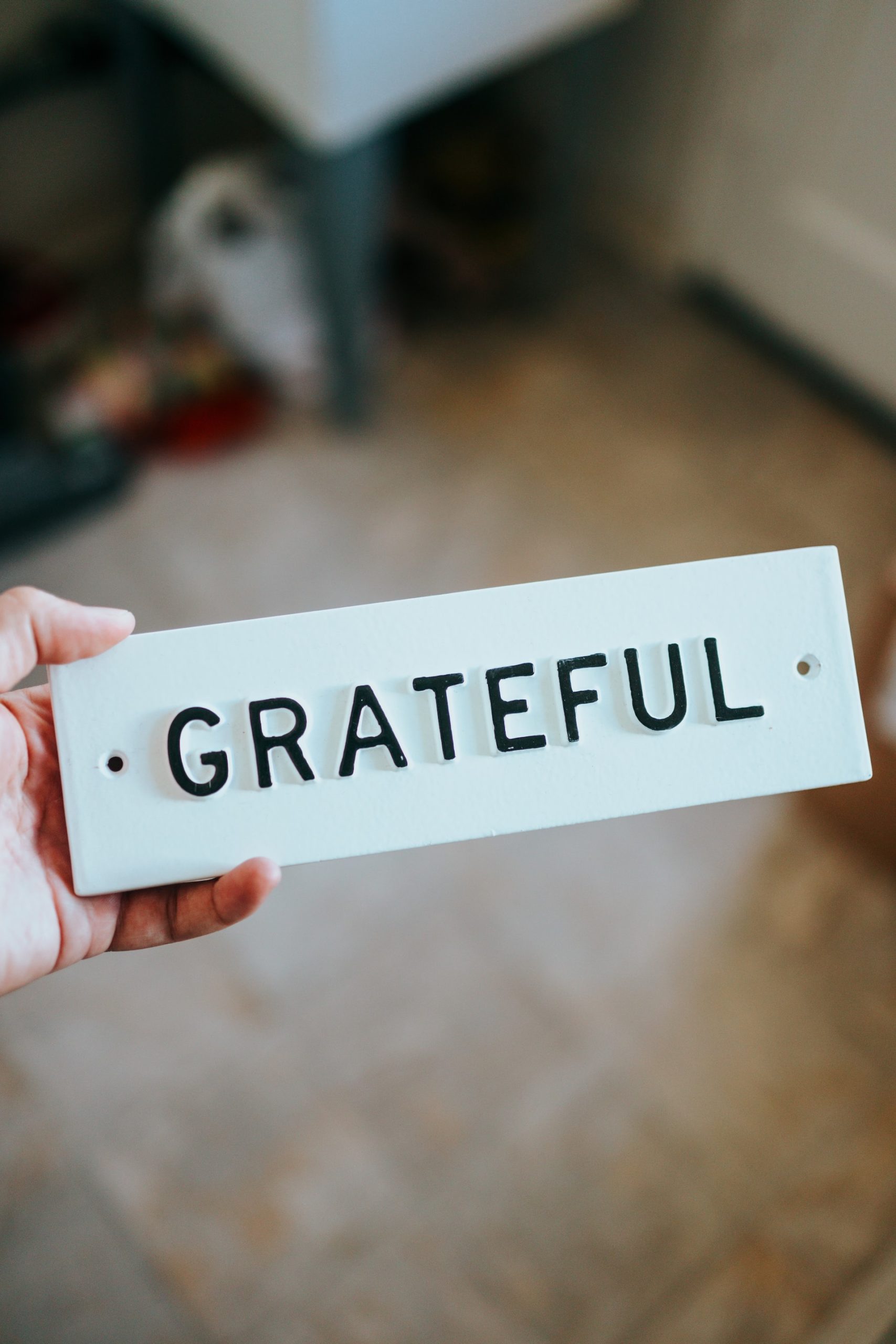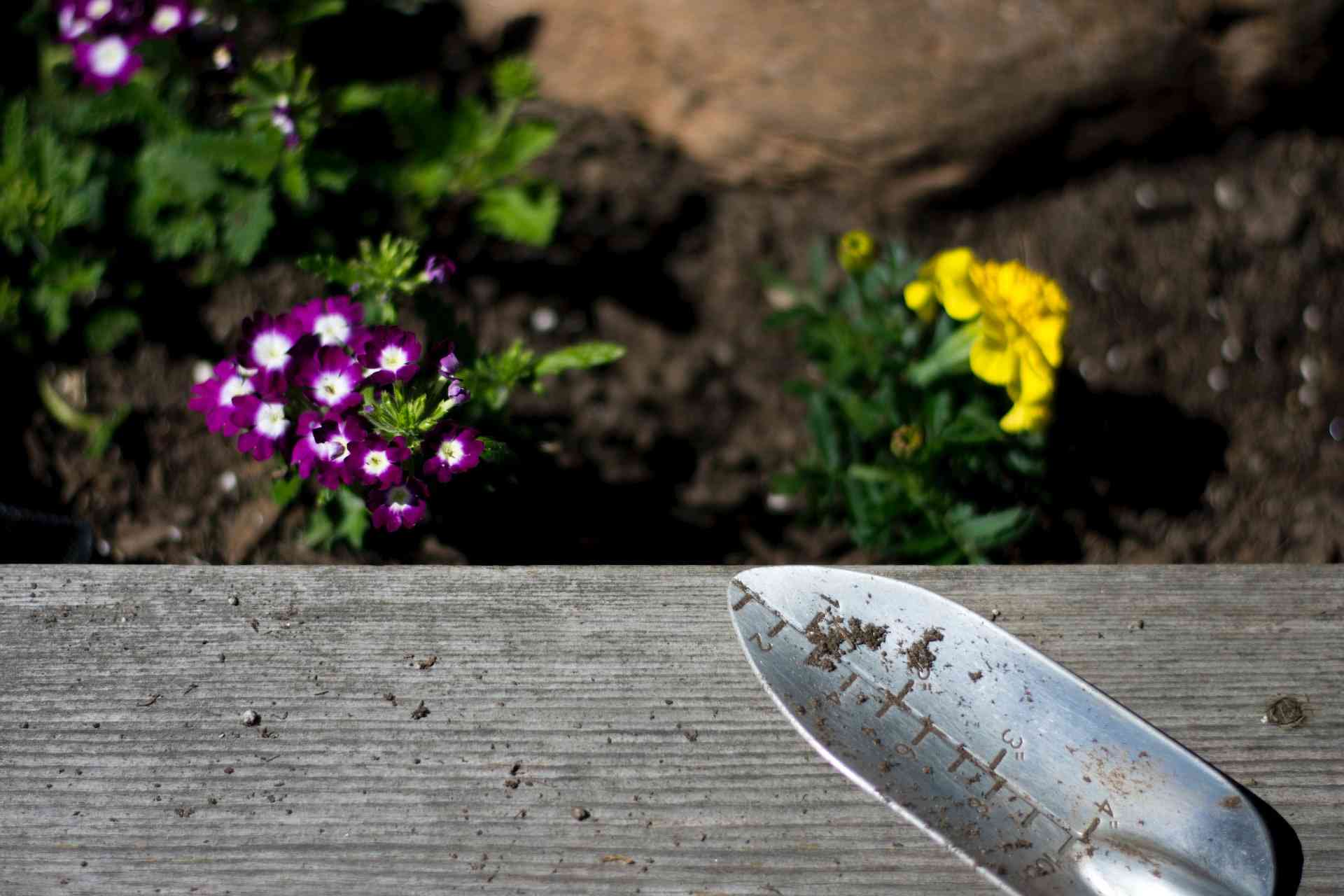Give thanks. An attitude of gratitude. Counting your blessings. Say thank you. You have heard these phrases before, but what does it mean and why does gratitude work to improve your mental health and what does this mean for the relationships you enjoy? And does it work if you are feeling low in the first place?
 Studies have consistently shown that those who practice gratitude are not only happier but better able to handle the valley and mountaintop experiences of life in a way that strengthens their relationships. This article seeks to give relationship advice to men about one topic in particular: gratitude.
Studies have consistently shown that those who practice gratitude are not only happier but better able to handle the valley and mountaintop experiences of life in a way that strengthens their relationships. This article seeks to give relationship advice to men about one topic in particular: gratitude.
There are many reasons that gratitude helps those who feel it and if it seems logical to consistently spend our time looking out for the best in our circumstances, our friends, our family, ourselves, our belongings, our community, the nature surrounding us, then it makes sense that we are going to feel happier.
But how does this work? A study of adults with very low levels of mental health related to depression and anxiety by Joshua Brown and Joel Wong looked at how can mental health professionals help their clients receive the greatest benefit from treatment in the shortest amount of time. This approach is partnered with the idea that along with psychological counseling, extra activities for clients to take part in may have very effective results.
This study reiterated the point that by maintaining an attitude of gratitude people are far more likely to be happier and less depressed. And this is one key reason gratitude is a central part of questions around relationship advice for men. The study found that when receiving psychological counseling and therapy, practicing gratitude has greater benefits than simply receiving counseling.
How does gratitude improve our relationships?
Gratitude unlocks the handcuffs that tie us to emotions threatening to poison us. Brown and Wong’s study recorded that those people in the group who were tasked with addressing a letter of gratitude once a week for three weeks found that not only did they use positive emotion words more often, but they used negative emotion words far less.
 The authors found that when using fewer negative emotion words the writers were significantly more likely to report better mental health. So, it is the absence of negative words, not the profusion of positive words that was the most striking.
The authors found that when using fewer negative emotion words the writers were significantly more likely to report better mental health. So, it is the absence of negative words, not the profusion of positive words that was the most striking.
The authors suggest that by actively focusing on things that are going right, you have less desire, time, and attention to devote to things that can poison relationships – such as resentment and envy. But habitually considering how others have blessed you, it is that much less time to consider how others have not.
Recording gratitude is the key step.
Did you know that the practice of listing things for which we are grateful has a mental health benefit, and this benefit is not reliant on anyone else knowing what you are grateful for? The study authors’ relationship advice for men and women was to write down an expression of gratitude, even if you do not share the expression and communicate with another person.
The benefits of gratitude can mount up.
The benefits of helping your mental health become more robust through writing down and recording things that you are grateful for are found to be beneficial. Some studies see the effects wane off after time, showing that the benefits of practicing gratitude were better near the beginning of the process than near the end, while others show the effect gathers momentum over time and snowballs.
Researchers and mental health professionals agree that one cannot expect an instant improvement in mental health right at the start of recording things for which you are grateful. They encourage patience and consistency as you keep focusing on what is good in your life.
The benefits of thankfulness are long-lasting.
Brown and Wong’s study compared the people who wrote letters of gratitude to those who did not write anything with the hope of seeing if their brains processed information differently. The experiment centered around an individual linked to an FMRI scanner. They were tasked with paying it forward after regularly being given an amount of money by a friendly person who asked them to pass the money on only if they felt grateful.
 The participant decided how much money, if any, to pass on to a worthy cause. Along with questionnaires to measure gratitude, the participants were asked to rate how grateful they felt toward the benefactor; how much they wanted to help each cause; and, how guilty they would feel if they did not provide the help. This was done to separate donations motivated by gratitude and those of guilt or obligation.
The participant decided how much money, if any, to pass on to a worthy cause. Along with questionnaires to measure gratitude, the participants were asked to rate how grateful they felt toward the benefactor; how much they wanted to help each cause; and, how guilty they would feel if they did not provide the help. This was done to separate donations motivated by gratitude and those of guilt or obligation.
The results of the FMRI study showed that all participants felt more grateful there was more activity in the brain area linked to learning and decision-making, suggesting that more grateful people are also more conscientious about how this gratitude is expressed.
The greatest brain activity was shown by those who had begun writing weekly letters of gratitude three months previously, and authors concluded that by practicing gratitude, people can train themselves to be more sensitive to the experience of gratitude later on – and so contribute to improved mental health over time.
Appreciating what we have.
How much of your time and energy do you focus on reaching for things you do not have? Gratitude changes our focus away from appreciating what we do not have, to look directly toward the things we do have and the people we know. Hoping that attaining something new will make you feel happier or more satisfied has so far not been found to be effective.
When this is achieved, the satisfaction is temporary and the old habit of reaching for what is as yet unattainable reasserts itself – with the same feelings of dissatisfaction toward what already is in your possession.
Rather, focus on strengthening your ability to feel gratitude. The effects are not immediate, but they are far more satisfying.
Actions to grow in gratitude.
 Thank you note. A thank you note is an excellent place to start. Write a short, sincere letter to someone else describing your enjoyment of the relationship and how you appreciate their impact on your life. Try to make a habit of sending one letter each month.
Thank you note. A thank you note is an excellent place to start. Write a short, sincere letter to someone else describing your enjoyment of the relationship and how you appreciate their impact on your life. Try to make a habit of sending one letter each month.
Picture it. Visualize thanking someone if you do not have time to write.
Journal your gratitude. Cultivate the habit to write down or share your thoughts with a loved one about the blessings you have received that day.
Count your blessings. Schedule time in your diary and use the time to record your blessings. Reflect on what has gone right and what you are grateful for. People who practice this habit often pick a number, say three or five things, that they will record each week. Write down the detail and your feelings when you were blessed.
Pray. Pray prayers of thanksgiving to God who gives us every good gift that we have.
Practice mindfulness. This is a time when you focus on the present moment and intentionally feel, hear and see your surroundings. List them with a heart of gratitude.
Christian counseling
If you are looking for additional help for relationship advice for men beyond this article, please browse our online counselor directory or contact our office to schedule an appointment. We would be honored to walk with you toward a place of healing and hope.
- Kate Motaung: Curator
Kate Motaung is the Senior Writer, Editor, and Content Manager for a multi-state company. She is the author of several books including Letters to Grief, 101 Prayers for Comfort in Difficult Times, and A Place to Land: A Story of Longing and Belonging...
Recent Posts
DISCLAIMER: THIS ARTICLE DOES NOT PROVIDE MEDICAL ADVICE
Articles are intended for informational purposes only and do not constitute medical advice; the content is not intended to be a substitute for professional medical advice, diagnosis, or treatment. All opinions expressed by authors and quoted sources are their own and do not necessarily reflect the opinions of the editors, publishers or editorial boards of Stone Oak Christian Counseling. This website does not recommend or endorse any specific tests, physicians, products, procedures, opinions, or other information that may be mentioned on the Site. Reliance on any information provided by this website is solely at your own risk.





